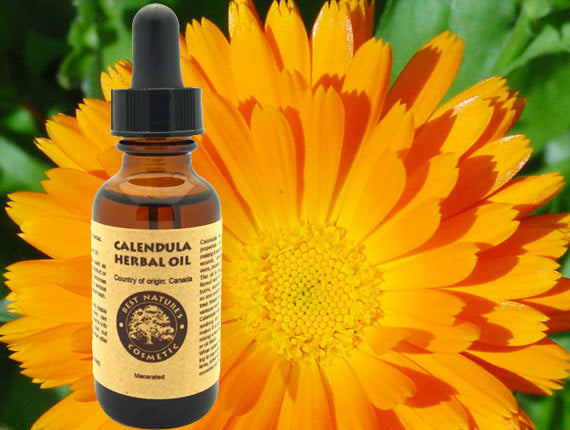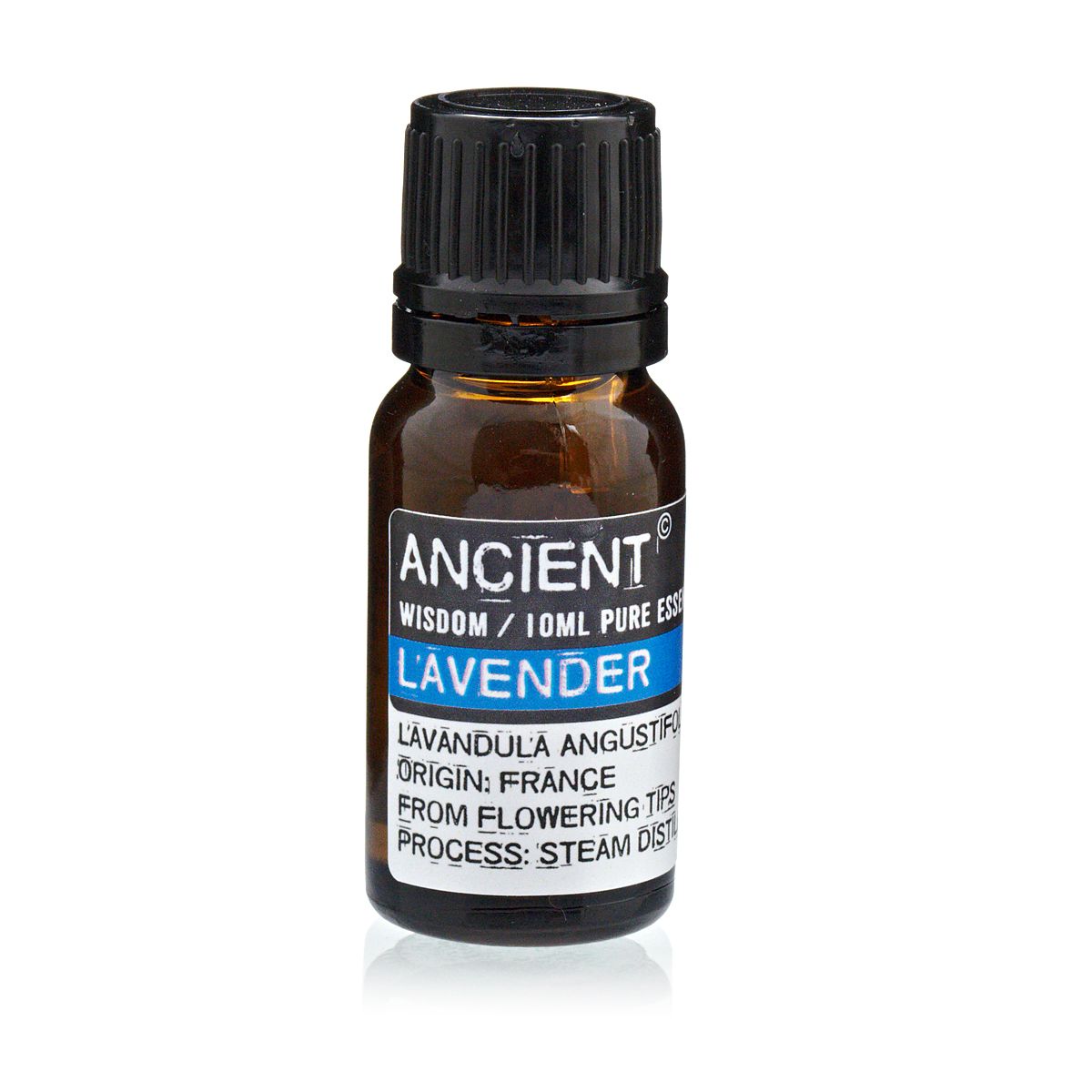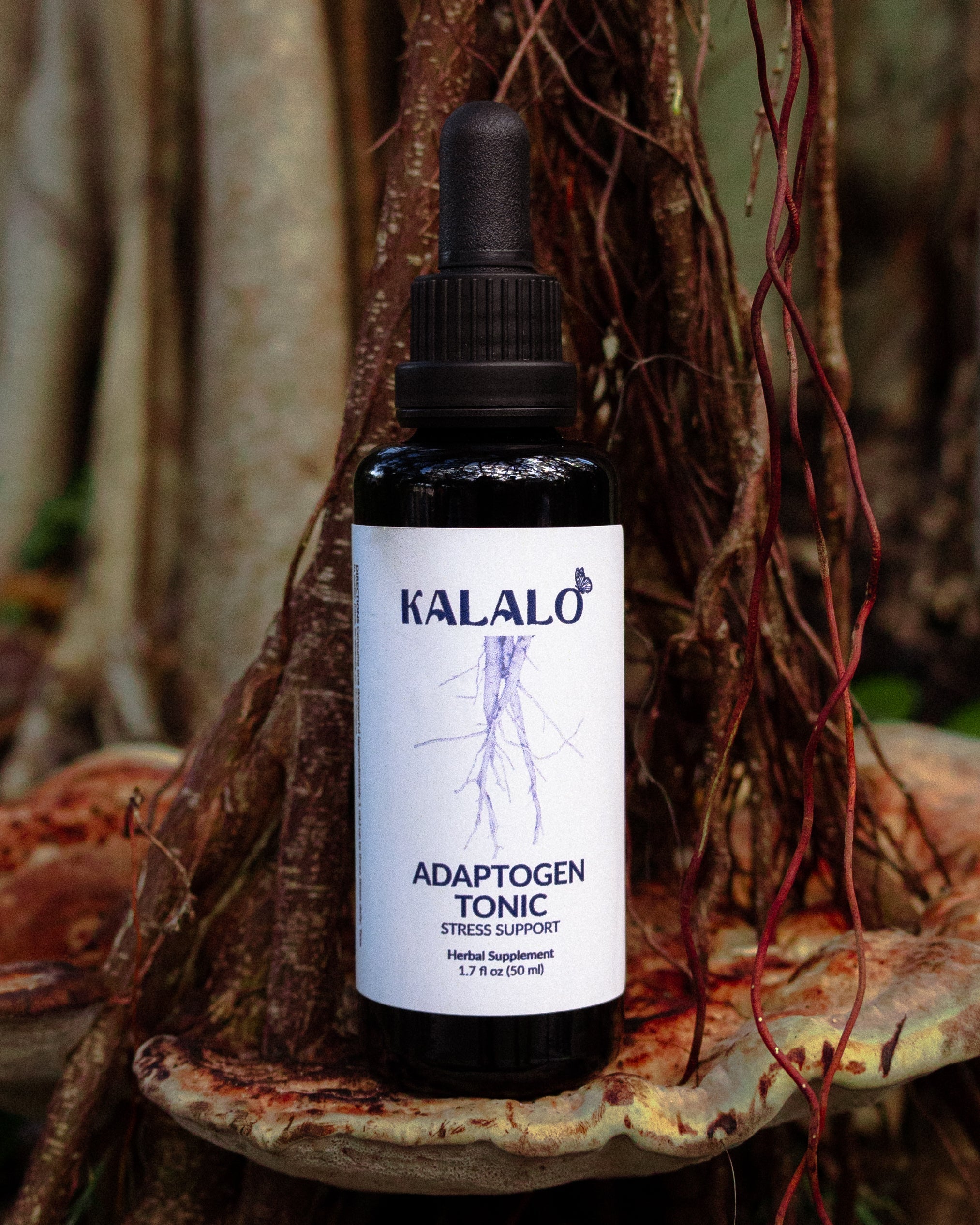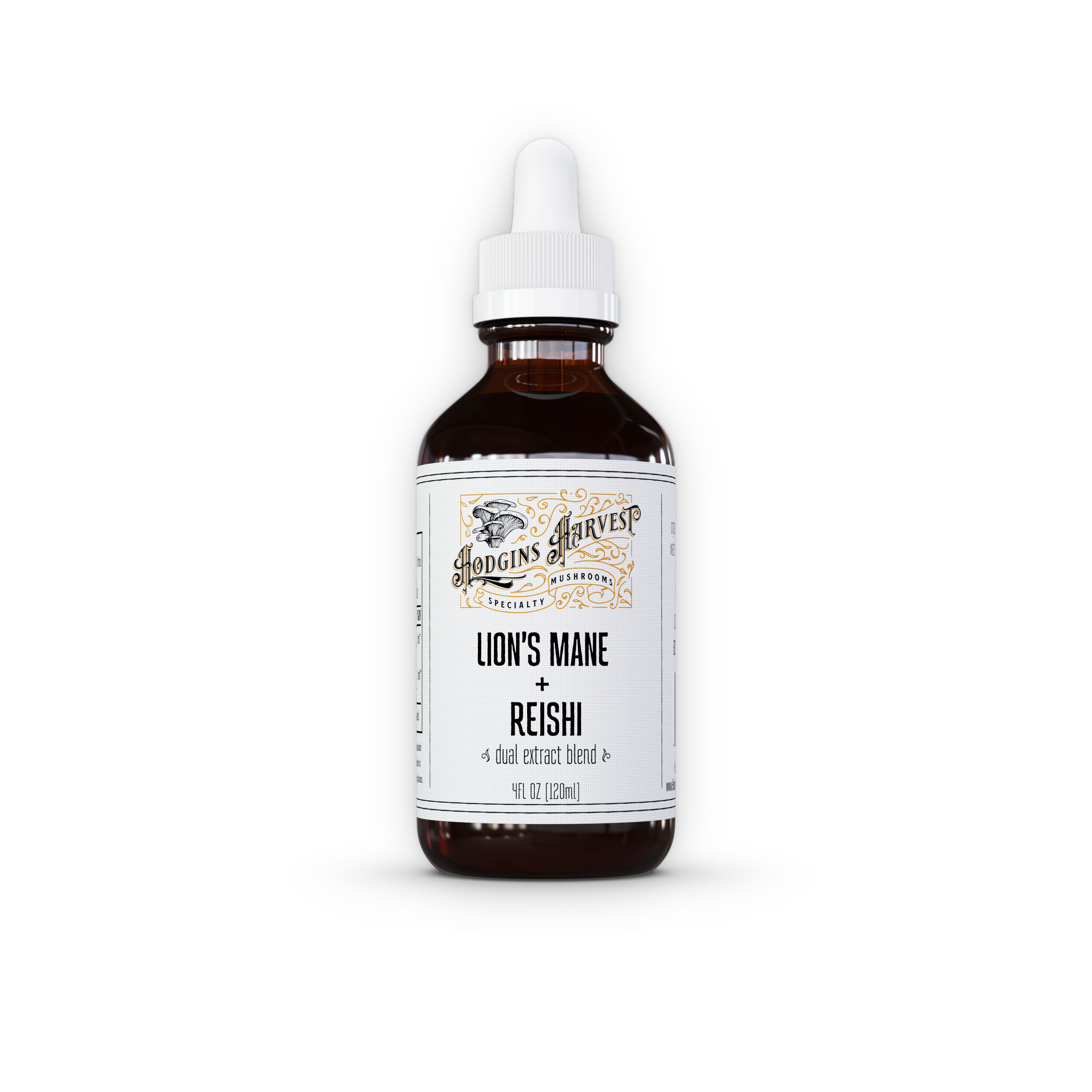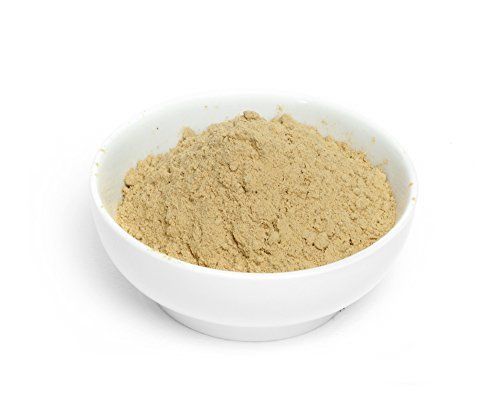
Embracing Self-Compassion: A Mindfulness Practice for Healing and Emotional Freedom
In our fast-paced, often stressful world, many of us struggle with self-criticism, guilt, and feelings of inadequacy. Self-compassion offers a powerful antidote—an intentional practice of treating ourselves with kindness, understanding, and patience during difficult times. This practice has garnered increasing research support for its vital role in emotional healing, resilience, and overall well-being.
What Is Self-Compassion?
Self-compassion is a conscious act of extending kindness, care, and understanding to ourselves, especially when facing mistakes, setbacks, or emotional pain. It involves recognizing our suffering without judgment and responding with warmth rather than criticism. Unlike self-esteem, which depends on external achievements or comparisons, self-compassion creates a stable foundation for emotional health by fostering an accepting and caring attitude toward oneself.
Core Components of Self-Compassion (Kristin Neff):
- Self-kindness: Treat yourself with care rather than harsh judgment.
- Common humanity: Recognize that suffering and imperfection are part of the shared human experience.
- Mindfulness: Maintain a balanced awareness of painful feelings without suppressing or exaggerating them.
How Does Self-Compassion Support Healing and Emotional Freedom?
1. Reduces Self-Criticism and Shame
Research shows that self-compassion lowers feelings of shame and harsh self-judgment, which often hinder emotional progress. This openness allows for healthier processing of pain and setbacks.
2. Enhances Emotional Resilience
Practicing self-compassion improves resilience by promoting adaptive responses to difficulties. It helps individuals bounce back from adversity more effectively and maintain a more balanced emotional state (Leary et al., 2007).
3. Supports Mental Health and Reduces Anxiety and Depression
Studies demonstrate that high levels of self-compassion are associated with lower depression, anxiety, and stress, fostering a sense of safety and emotional stability essential for healing (Neff, 2003; Germer & Neff, 2019).
4. Promotes Acceptance and Inner Peace
Self-compassion encourages acceptance of our human imperfections, reducing resistance to pain and helping us cultivate inner peace on our healing journeys.
Activities That Cultivate Self-Compassion
Integrating specific activities into your daily routine can strengthen self-compassion. Here are some widely recommended practices:
- Self-Compassion Meditation: Guided meditations focusing on kindness toward oneself, often involving phrases like “May I be kind to myself” or visualizations of warmth and caring.
- Journaling: Writing a compassionate letter to yourself, expressing understanding and kindness for your struggles.
- Affirmations: Repeating gentle affirmations like “I am worthy of love and kindness” or “Suffering is part of being human.”
- Body Scan: Mindfully focusing on physical sensations, acknowledging pain without judgment, and sending kindness to tense areas.
- Loving-Kindness Practice (Metta): Extending wishes of well-being and compassion to oneself and others, cultivating inner warmth.
Natural Products & Practices That Support Self-Compassion
Certain natural products and mindfulness tools can deepen your self-compassion practice:
Crystals
- Rose Quartz: Known as the “heart stone,” rose quartz promotes self-love, compassion, and emotional healing.
-
Amethyst: Supports calming, emotional balance, and stress relief.
Research: Some studies suggest crystals can enhance meditation and emotional well-being by fostering calmness and openness (Hochman, 2004).
Essential Oils
- Lavender: Enhances relaxation, reduces anxiety, and nurtures calmness.
- Rose: Stimulates feelings of self-love and emotional acceptance.
-
Frankincense: Supports mindfulness and spiritual grounding.
Research: Aromatherapy with these oils has been shown to decrease cortisol levels and promote psychological relaxation (Moss et al., 2008).
Sound Therapies
- Tibetan Singing Bowls & Chimes: Used in meditation to promote grounding, calm, and inner peace.
-
Nature Sounds: Gentle rain, ocean waves, or forest sounds foster a tranquil environment conducive to self-reflection.
Research: Sound therapy can reduce stress and promote mindfulness, aiding emotional regulation (Garner et al., 2014).
Mindfulness & Meditation Practices
- Loving-Kindness Meditation (Metta): Cultivates compassion toward oneself and others (Salzberg, 1997).
- Breath Awareness: Focuses attention on breathing as an anchor to present moment awareness.
-
Body Scan & Guided Imagery: Foster gentle acceptance of physical and emotional sensations.
Research: Mindfulness meditation - Research: Numerous studies have shown that mindfulness and loving-kindness meditation increase self-compassion, reduce stress, and improve emotional regulation (Neff & Germer, 2013). These practices foster a gentle attitude towards oneself, healing negative self-talk and encouraging inner kindness.
How to Incorporate Self-Compassion into Daily Life
Turning these tools and practices into daily habits can profoundly enhance your emotional healing journey:
- Start Each Day with Affirmations: Use gentle affirmations like, “May I be kind to myself today” or “I deserve love and understanding.”
- Create a Sacred Space for Meditation: Use essential oils like lavender or rose, play calming sounds, and light candles or incorporate crystals like rose quartz during your practice.
- Maintain a Self-Compassion Journal: Write about your feelings and add compassionate messages to yourself, especially during difficult moments.
- Use Aromatherapy During Moments of Stress: When feeling overwhelmed, take a few deep breaths with soothing essential oils or hold a calming crystal or stone, noticing the way it feels in your hand, to ground and centre yourself.
- Practice Loving-Kindness Daily: Send warm wishes to yourself and others, cultivating compassion both inwardly and outwardly.
Final Thoughts
Self-compassion is a powerful practice that fosters healing, resilience, and emotional freedom. By cultivating kindness toward ourselves—especially during times of pain and struggle—we create a safe inner environment for growth and recovery. When supported with natural tools like crystals, essential oils, sound therapies, and mindful activities, self-compassion can become an accessible, enriching journey toward inner peace and well-being.
Remember, healing is a process, not a destination. Embrace yourself with patience and kindness as you nurture your mind, body, and spirit.
A Guided Meditation for Self Compassion


